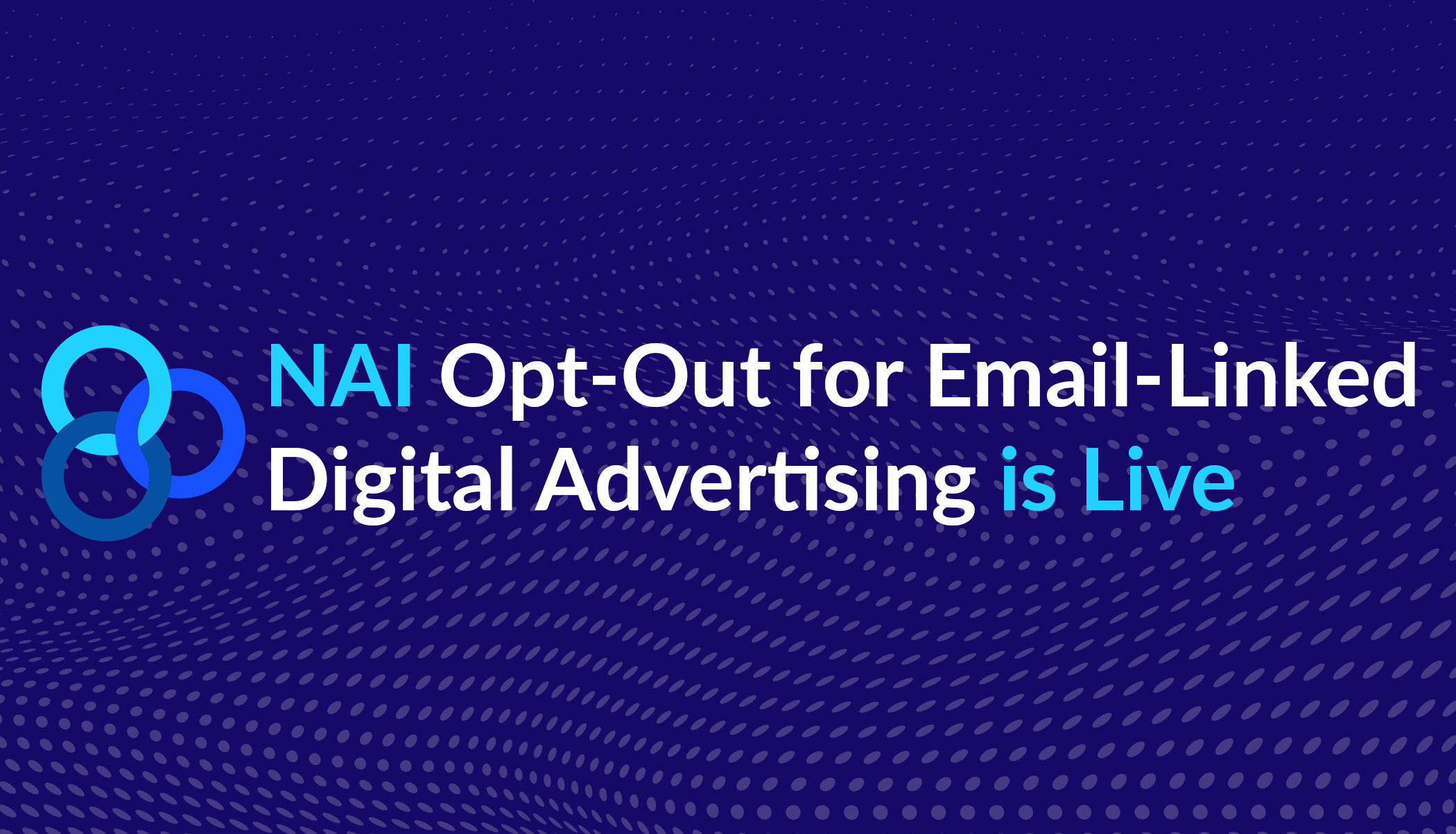The White House’s “Big Data: Seizing Opportunities, Preserving Values” Report
This week, the White House released its report, “Big Data: Seizing Opportunities, Preserving Values,” after concluding a 90-day study on how big data will transform the way we live and work. Importantly, the report focuses on how the public and private sectors can maximize the benefits of big data while minimizing its risk – a laudable objective and an important dialogue. I agree with the authors that we can embrace big data technologies while at the same time protecting privacy and promoting consumer trust.
The report explores the potential impact of big data and the still-nascent Internet of Things – a world where our appliances, vehicles, advanced sensors, and wearable technologies will communicate with each other. The Administration is right that we need to proactively think about the future now and build best practices. In my view, industry self-regulation can address many of the issues identified in the report and it is incumbent on the industries involved to step up to the plate as technology and business models evolve.
Early in the report, the authors highlight the Fair Information Practice Principles (FIPPS), a common thread through many laws and privacy frameworks across the globe. The FIPPS are also the foundation of the NAI Self-Regulatory Code of Conduct, which has requirements for our members regarding notice, choice, transparency, use limitations, data minimization, data security, and accountability. We have taken broad baseline privacy principles and developed an enforceable Code of Conduct that promotes responsible data collection and supports innovation. As an example, one issue discussed by the authors was the concern that data will be retained indefinitely. As a former chief privacy officer, I share that concern. At NAI, not only do we require that our members have retention schedules for the data they collect and use for Interest-Based Advertising, we require our members to post those policies. We ask that our members carefully consider how long they need to retain data and set policies that reflect their legitimate business need.
I particularly applaud the focus on uses of data, which is going to be increasingly important as we grapple with big data. Since we generally agree that data collection likely will not stop, a deep dive on uses of data is necessary. As the report states, “putting greater emphasis on a responsible use framework has many potential advantages.” For example, the report distinguishes between the use of data for marketing and tailored advertising and the use of data for eligibility decisions related to employment, housing, health insurance, and credit. That’s an important distinction and it’s baked into the NAI Code. Data collected for Interest-Based Advertising may not be used for eligibility decisions. We also focus on sensitive data such as precise health information, financial data, precise location information, and information about children – placing greater obligations on those categories of data.
I also agree that we need a dialogue around potential discriminatory impacts of data use. It won’t be an easy discussion, but it is an important to have this “national conversation.” Last year, NAI expanded our definition of sensitive data to include sexual orientation. We believe that the potential harm that could result from data about a person’s status as, for example, a gay man, warranted this revision in our Code. I’m very proud of that and I hope it helps move the dialogue forward.
As a former government chief privacy officer, I also applaud the report’s thoughtful discussion of the public sector’s use and management of data. I helped develop new enforcement databases that provided critical support for FTC staff and others seeking to stop fraud and prevent identity theft, and worked with agencies to help them better communicate with the public through social media and other channels. These uses of data are critical for the government to fulfill its mission, but privacy and responsible data management consistent with the Privacy Act and other laws must be baked in. And as the Administration points out, we must examine whether today’s laws sufficiently protect privacy in the face of increasing government access and use of data. As an example, I personally support the proposed reforms to the Electronic Communications Privacy Act.
These are just some of my initial reactions to the report. I plan to write more in the future on this subject and actively engage in this important policy discussion. Anyone who knows me, knows just how passionate I am about these issues. As the President and CEO of NAI, I’ll not only work with the online advertising industry to create best practices around data governance, I’ll encourage our membership to think critically about information management and privacy by design as they innovate and create new business models. Consumers deserve nothing less.








